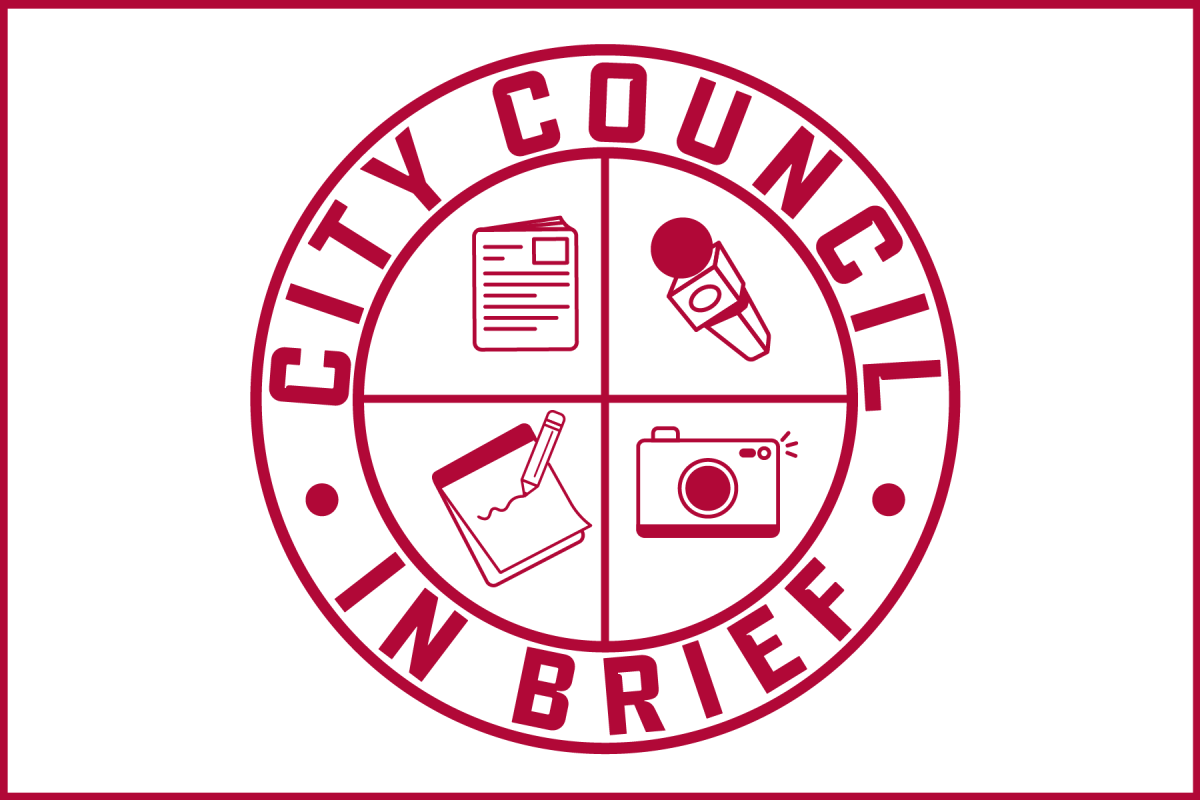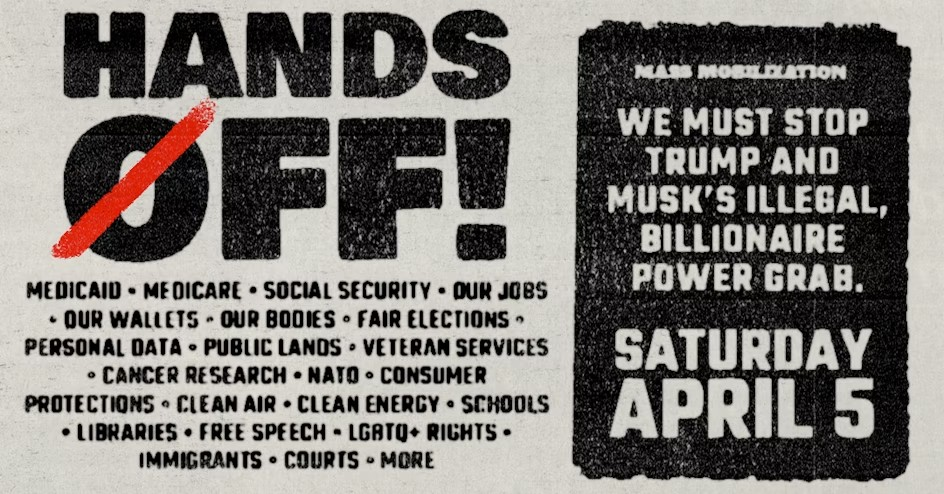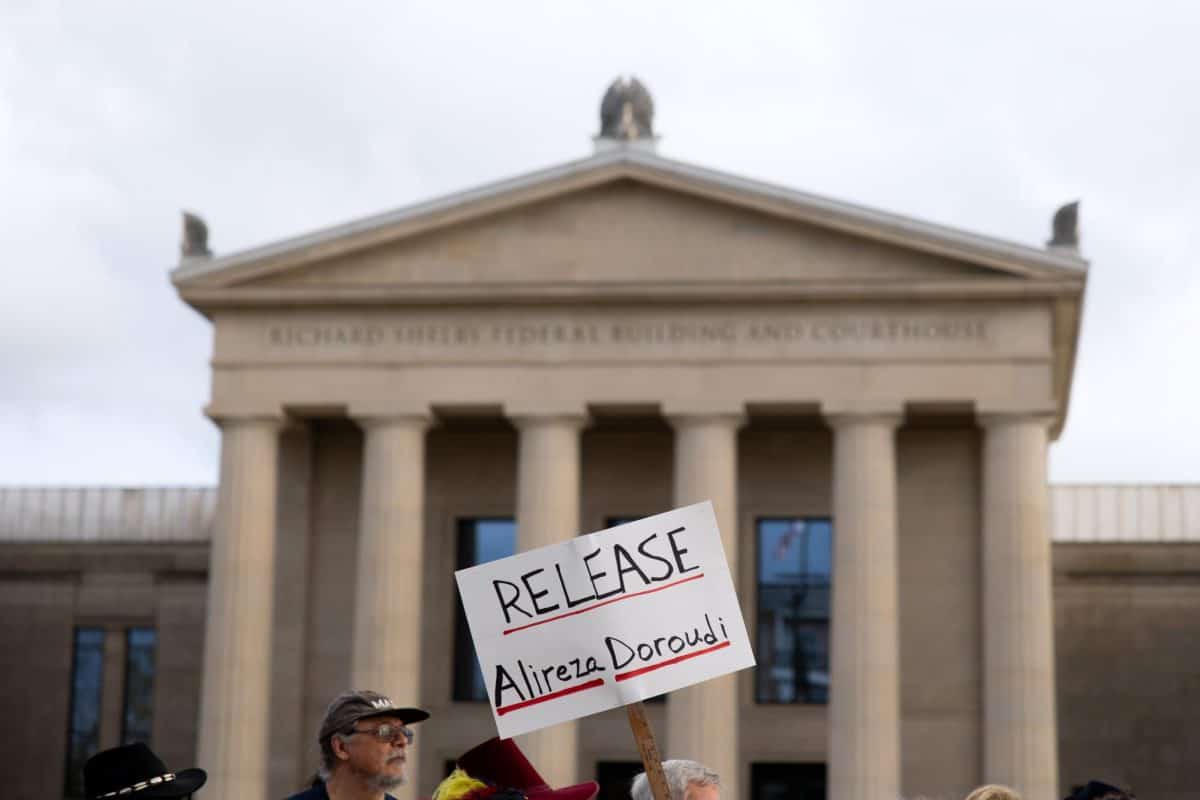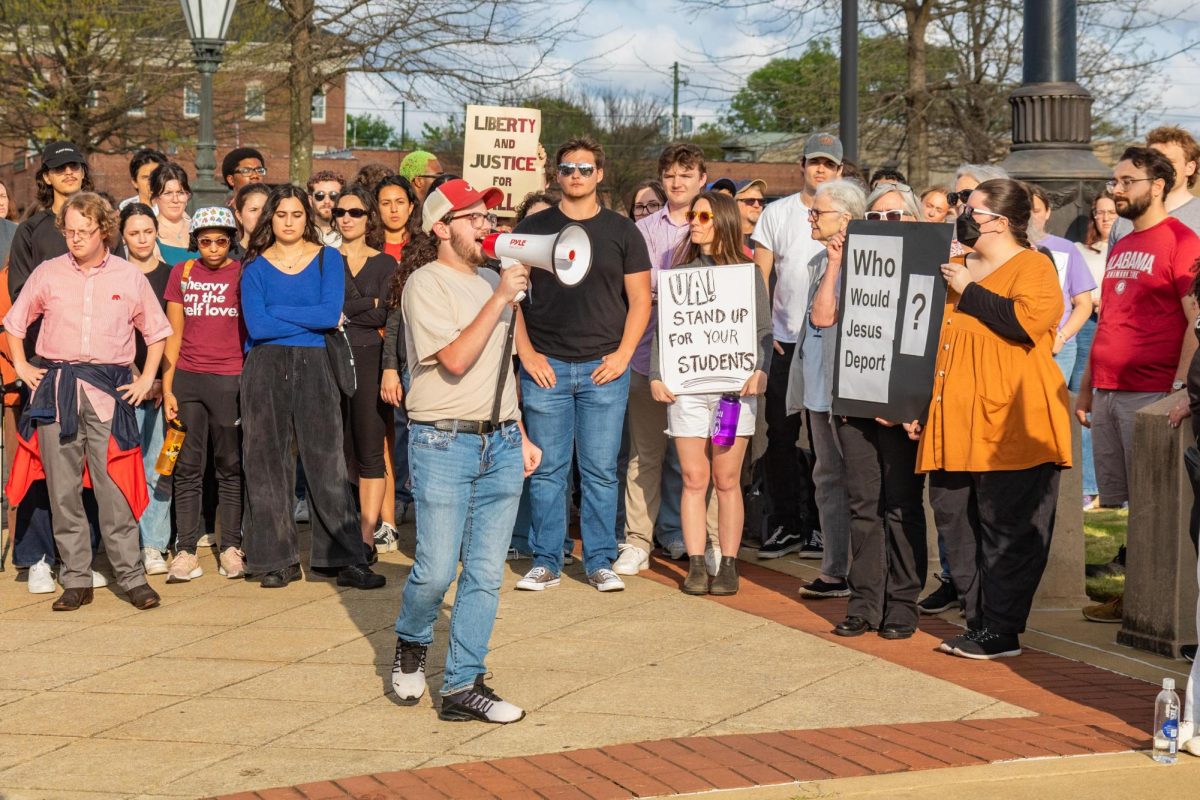Social issues are highly divisive factors in the upcoming election. While their impact is felt often among pockets of voters, as opposed to broader issues that affect every constituent, social issues carry great weight in the definition of American culture.
Many voters feel their presence in the upcoming election is unnecessary and overpowering greater issues, like the economy and foreign relations, but many others feel that the government has a responsibility to protect social rights that have been otherwise, or previously, denied.
With election day looming, both campaigns are attempting to drive up their support among women voters as they look for every possible vote. This has brought women’s issues into important focus.
President Obama has positioned himself as a champion of women’s rights, signing equal pay legislation and requiring employers to cover contraceptive services for their employees. The president is pro-choice.
Mitt Romney said the contraception mandate is a government over-reach and opposes abortion with exceptions for rape and incest.
The debate over social issues also extends to other topics, like gay and lesbian rights. President Obama repealed the military’s “don’t ask, don’t tell,” policy, which prevented gays and lesbians from serving openly in the military. Mitt Romney has said he will not re-instate that policy.
President Obama also became the first president in history to announce his support for gay marriage this past May. Mitt Romney opposes gay marriage and has supported an amendment to the U.S. Constitution to define marriage as between a man and a woman. He has also pledged to appoint an Attorney General who will defend the Defense of Marriage Act, which the Obama administration has stopped arguing against in federal court.
The Supreme Court will continue to play a role in deciding many of these issues, and President Obama has already made two Supreme Court appointments. They both replaced retiring liberal justices, though, so the ideological composition of the court did not swing.
The next four years will likely bring more court vacancies, however. Liberal justice Ruth Bader Ginsburg is 79, conservative justice Antonin Scalia is 76 and the Court’s conservative-leaning swing voter, Anthony Kennedy, is also 76.
The next president will be responsible for filling those vacancies, and the justices he nominates could serve on the Supreme Court for generations.
The outcome of social norms and cultural expectantations decided in this Election Day will be felt far into the future, regardless of which candidate emerges with a win.
Click the links below to view the opposing viewpoints








